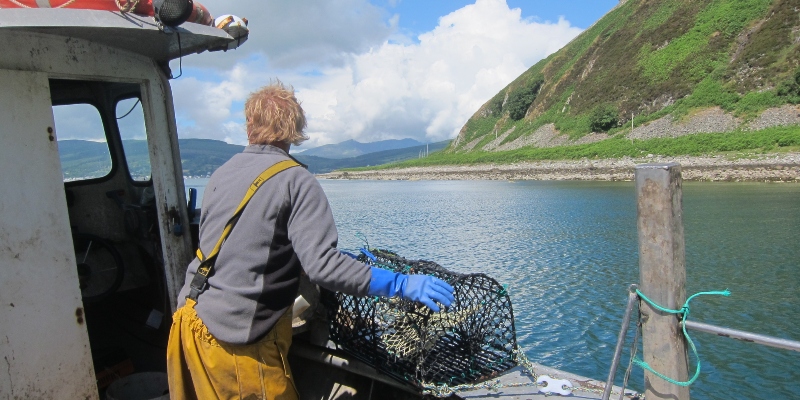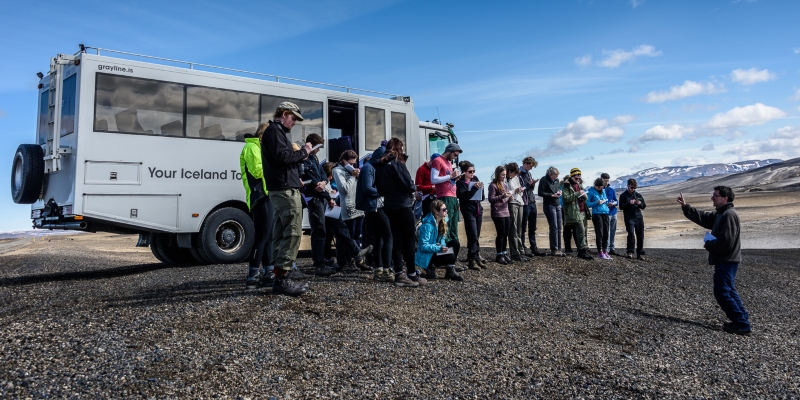| Length | Start dates (semester dates) | |
|---|---|---|
| MSc by research |
1 year full-time |
January |
Gain experience of independent research to solve current environmental challenges, guided by an expert in the field.
Your research
You’ll choose from a range of current research projects aligned with the department’s core themes, such as climate change, biodiversity, sustainability, or pollution. By contributing to one of these projects, you’ll gain valuable experience in designing and conducting research, while developing key skills in critical thinking, analysis, and communication. Guided by expert academics, you’ll work in advanced facilities and benefit from a wide network of partners across academia, government, industry, and the nonprofit sector.
Whether full-time over 12 months or part-time over 24 months, you’ll be part of a vibrant and supportive research community, ready to take the next step in your career in research, policy, consultancy, or beyond. While the main focus of your MSc by Research will be your project, you will access training through a Masters-level module in research skills and attend university training courses.
You will also become a member of at least one of our five challenge area research groups and join other academic and social events alongside our PhD students and staff. We will provide you with a research training and support grant of £1000 to support your project. You will also have access to a desk and a PC in one of the department’s postgraduate offices for the duration of your programme.
Assessment
You will write up the results of your research project in a thesis of up to 40,000 words which will be examined by at least two examiners. In some cases an oral examination may be requested, but this is at the discretion of the examiners.
Although there are no formal taught modules for an MSc by research, as a research student, you'll be required to complete our researcher graduate training programme.
Choosing a project
We are looking for research students to work on the following projects. To find out more about the projects, please contact the relevant staff member associated with the project.
If you have a research idea you'd like to pursue, please contact us to explore developing this idea.




.jpg)
.jpg)


